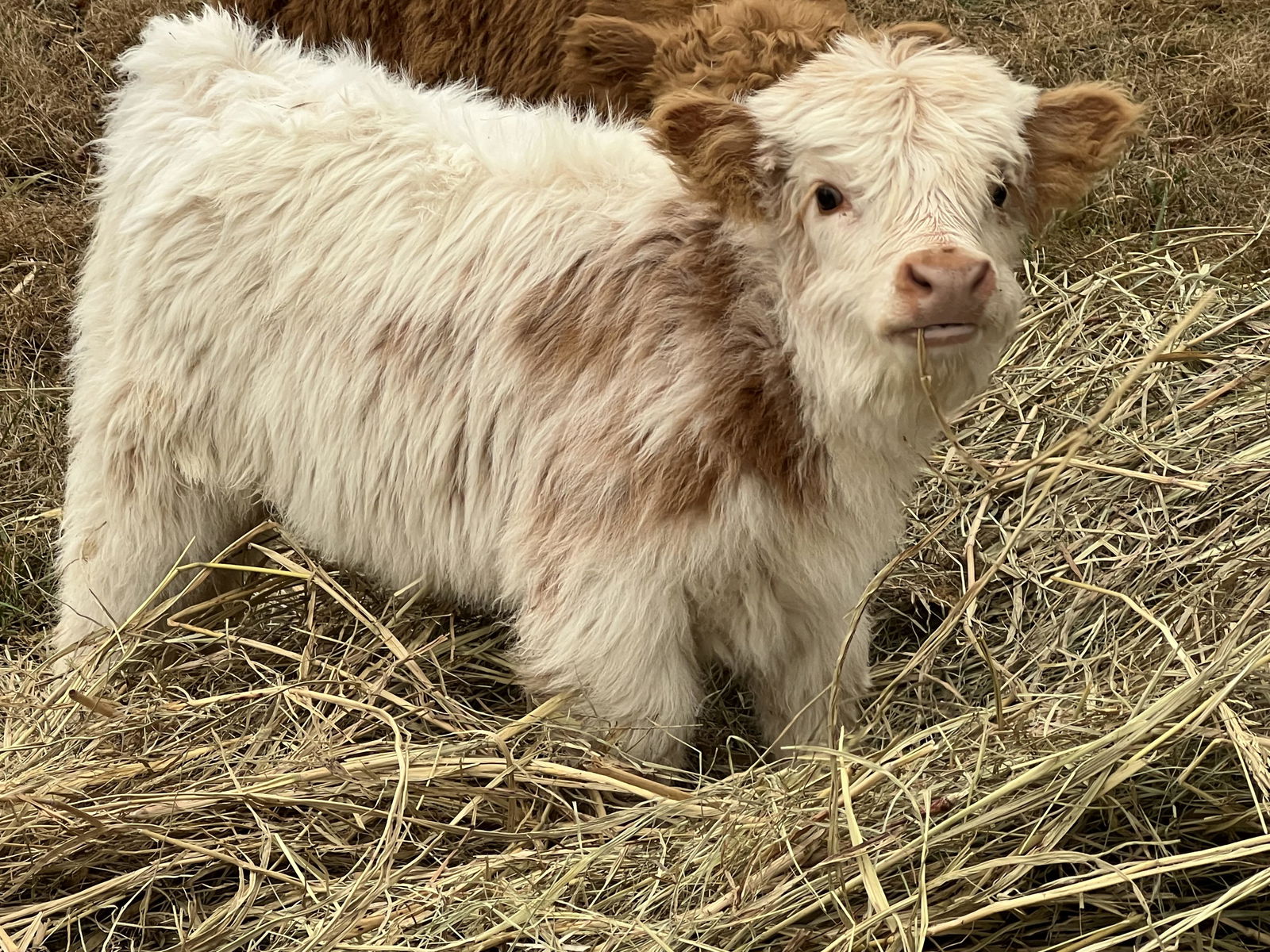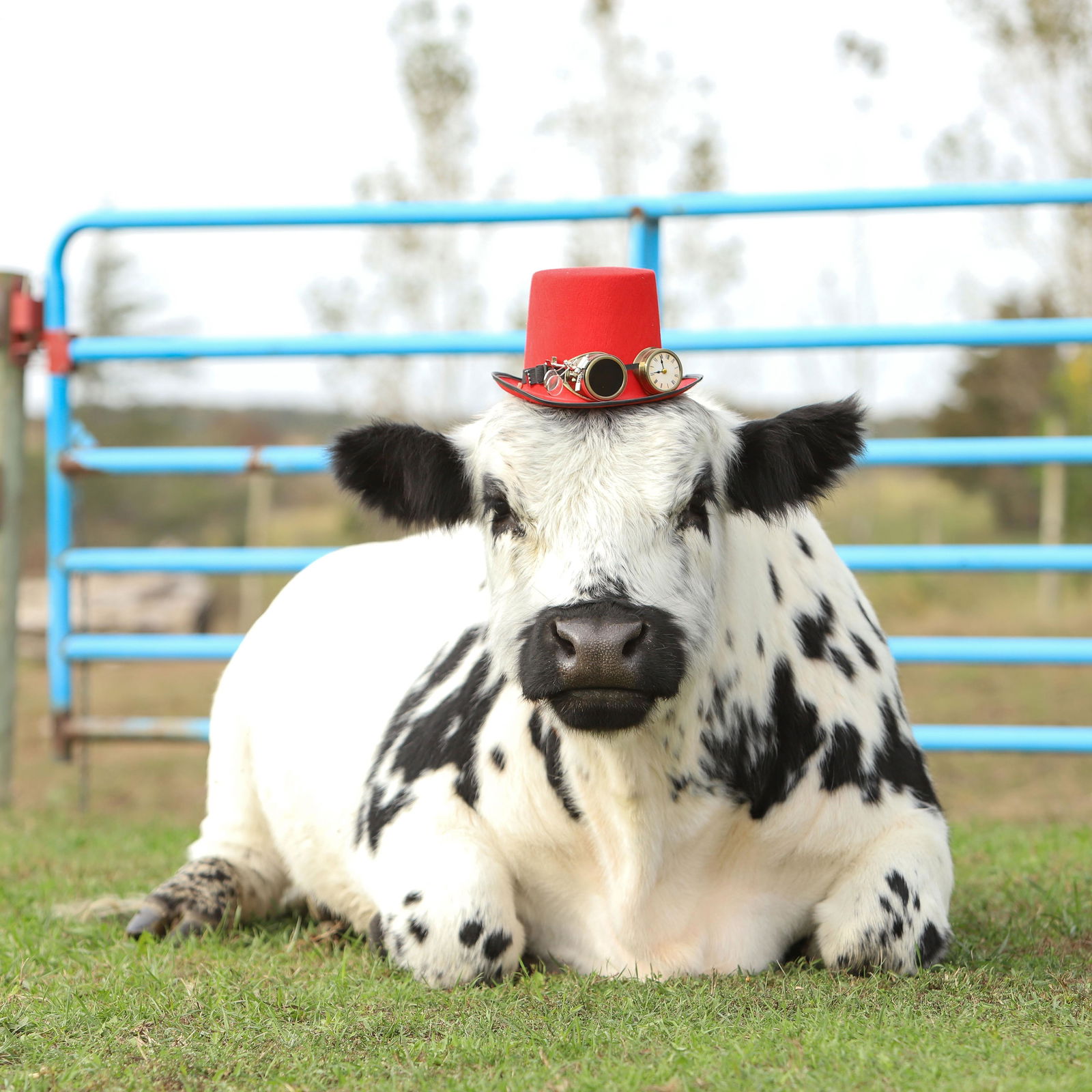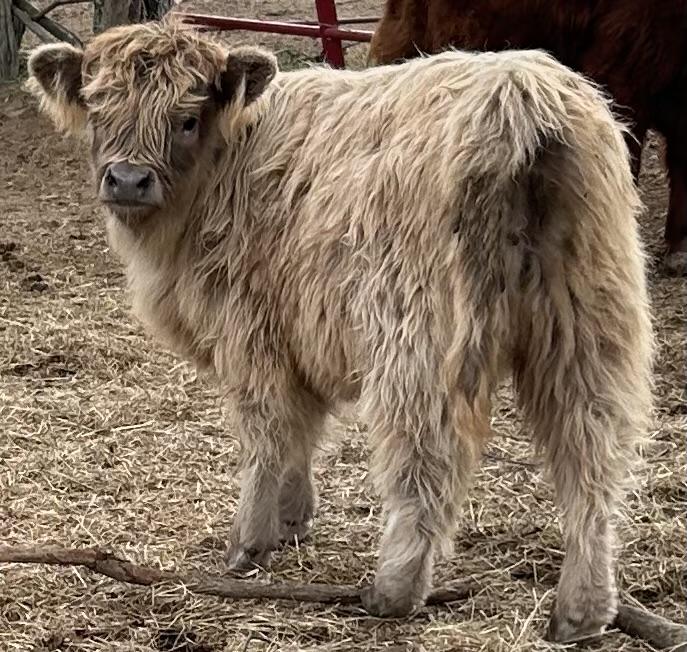Dwarf Donkey vs Miniature Donkey: What’s the Difference?
Author: Elliott Garber, DVM
Ever caught yourself wondering about those adorable tiny donkeys you’ve seen on social media? You’re not alone. The world of miniature equines is fascinating, and there’s often confusion between dwarf donkeys and miniature donkeys – two distinct types that’ll make your heart melt.
These pint-sized companions might look similar at first glance, but they each have their own special characteristics. Whether you’re thinking about adding one to your family or just love learning about unique animals, understanding their differences will help you appreciate these charming creatures even more.
Understanding Dwarf and Miniature Donkeys
The story of these tiny equines is pretty interesting. Miniature Mediterranean donkeys have been around for over 2,000 years, originally from Sicily and Sardinia. These little workers were perfect for navigating narrow mountain paths and vineyard rows. The first ones arrived in America thanks to Robert Green in 1929, kickstarting the breeding programs we know today.
Dwarf donkeys are actually quite different, they’re not a separate breed but rather miniature donkeys born with a genetic condition called chondrodysplasia that affects their bone growth. Think of it as similar to dwarfism in humans.
When it comes to size, miniature donkeys typically stand between 32-36 inches tall and weigh around 200-350 pounds. Their dwarf cousins are usually shorter, measuring under 32 inches and weighing between 150-250 pounds.
Miniature donkeys follow specific breed standards – they need to have the right height (measured at their shoulders), proportionate body structure, and balanced features. Their growth follows a predictable pattern, which breeders carefully monitor.
Dwarf donkeys have their own distinctive look: shorter legs compared to their body, a broader chest, and sometimes slightly crooked legs. Their growth patterns can be a bit irregular due to their genetic condition.
Physical Characteristics Compared
Let’s break down what makes each type unique. Miniature donkeys typically stand 33-36 inches tall at the shoulders, with males usually being slightly taller than females. They generally weigh between 200-450 pounds – about the size of a large dog.
These little donkeys are known for their balanced features: large expressive heads topped with those signature long ears, straight backs, and well-set legs. Their coats can range from flat to slightly curly, perfect for protecting them from the elements.
Some notable features include:
- A distinctive erect mane (no forelock like horses)
- A straight topline from neck to tail
- Wide-set legs that line up properly
- A cow-like tail
- Strong bones that support their compact frame
The key is their proportions – everything fits together just right, from their leg length to their body width. They’re built to be sturdy and functional, just like their larger cousins, just in a more compact package.
Care and Maintenance Requirements
Taking care of a miniature donkey isn’t complicated, but it does require daily attention to keep them healthy and happy. Here’s what you need to know about giving these little companions their best life.
Housing Needs
Your miniature donkey needs a cozy shelter that’s at least 8×8 feet – think of it as their personal bedroom. The space should keep them dry and protected from harsh weather while allowing fresh air to circulate.
A good shelter includes:
- Protection from drafts while maintaining good airflow
- Comfortable flooring (rubber mats or fresh straw work great)
- At least a quarter-acre of fenced pasture for each donkey
- Strong fencing about 4.5 feet high
- A clean, separate feeding area
Feeding and Nutrition
Miniature donkeys don’t need fancy diets – they’re actually quite simple to feed. The basics include grass hay (2-3 pounds twice daily), constant access to fresh water (5-10 gallons daily), and a salt block they can visit whenever they want.
Some important feeding tips:
- Stick to grass hay rather than alfalfa to prevent weight gain
- Keep water containers clean and easy to reach
- Split hay portions between morning and evening
- Go easy on treats and grain – these little ones can pack on pounds quickly
Your feeding setup should include raised hay racks (keeps them from eating sand), clean containers, and protection from rain. It’s also smart to have separate feeding stations if you have multiple donkeys – nobody likes sharing their dinner plate!
Temperament and Personality Traits
These pint-sized companions pack a lot of personality into their small frames. Their intelligence and sweet nature make them truly special members of the equine family.
Social Behavior
Miniature donkeys are social butterflies who form deep bonds with their humans and animal friends. They’ll often:
- Gently nudge you for attention
- Stick close to their favorite people
- Stay tight with their donkey friends
- Play with other animals they know well
- Show affection through physical contact
Training Potential
Don’t let their size fool you – these smart cookies excel at learning new things. They’re quick to pick up commands and remember them well, especially when you use positive reinforcement.
What makes them great learners:
- They catch on quickly to basic commands
- Respond well to treats and praise
- Think before they act (what some mistake for stubbornness)
- Remember their training for the long haul
- Stay calm in new situations
That famous donkey stubbornness? It’s actually their way of thinking things through. Once they trust you and understand what you want, they’re incredibly reliable partners.
Common Uses and Applications
These versatile little donkeys shine in many roles, from family pets to therapy animals. Their small size and gentle nature make them perfect for various settings.
Pets and Companions
As family pets, miniature donkeys are hard to beat. They bond deeply with their humans and make wonderful lifetime friends. Their gentle souls make them especially valuable in therapeutic settings – they’re naturals at providing emotional support in nursing homes and working with children who have special needs.
Show Animals
In the show ring, miniature donkeys strut their stuff at specialty events and agricultural fairs. They participate in halter classes, navigate obstacle courses, and charm audiences at petting zoos and educational demos. Their size and winning personalities make them popular attractions wherever they go.
Health Considerations
Miniature donkeys can live long, healthy lives with the right care. Their compact size comes with specific health needs that differ from their larger cousins.
Typical Lifespan
With proper care, these little companions typically live 25-35 years. The key to their longevity lies in consistent care: regular vet check-ups every six months, proper nutrition, clean living spaces, daily exercise, and dental care every few years.
Common Medical Issues
Like any animal, miniature donkeys face certain health challenges. Here’s what to watch for:
Diet-related concerns often top the list. These little ones can easily become overweight from too much hay or grass. On the flip side, poor-quality feed can lead to malnutrition. Irregular feeding schedules might cause colic, while dental problems can affect their ability to chew properly.
Environmental factors play a crucial role too. Inadequate shelter creates stress, while unsanitary conditions can lead to infections. Unsafe fencing poses injury risks, and parasites require regular prevention through deworming.
Prevention Schedule
A solid prevention plan keeps your miniature donkey healthy:
- Vaccinations: Update every 6-12 months
- Deworming: Schedule 4-6 times yearly
- Dental checks: Plan every 2-3 years
- Hoof trimming: Maintain every 6-8 weeks
The foundation of good health starts with proper nutrition – primarily grass hay – and appropriate living spaces. Each donkey needs an 8×8 foot shelter with good airflow to prevent breathing problems. Fresh, clean water should always be available, regardless of weather.
Cost and Availability
The price of a miniature donkey varies significantly based on where you look. Rescue organizations typically charge around $350 for one donkey, with pairs available for about $500. Since these social animals thrive with companions, adopting a pair often makes sense.
Auction prices range from $200 to $2,500 or more, depending on the animal’s quality and breeding. Show-quality miniature donkeys from established breeders typically cost between $800 and $5,000.
Finding your perfect miniature companion:
- Rescue organizations often require adopting pairs or having existing donkeys
- Specialty auctions and BLM events offer various options
- Family farms provide well-socialized animals with known histories
Conclusion
The choice between different types of small donkeys comes down to understanding their unique traits and care needs. These intelligent, affectionate animals make wonderful companions when matched with dedicated owners who can provide proper care.
Owning a miniature donkey means committing to years of daily care, regular vet visits, and consistent attention to their social needs. The reward? A charming, intelligent companion who’ll bring joy to your life for decades to come.

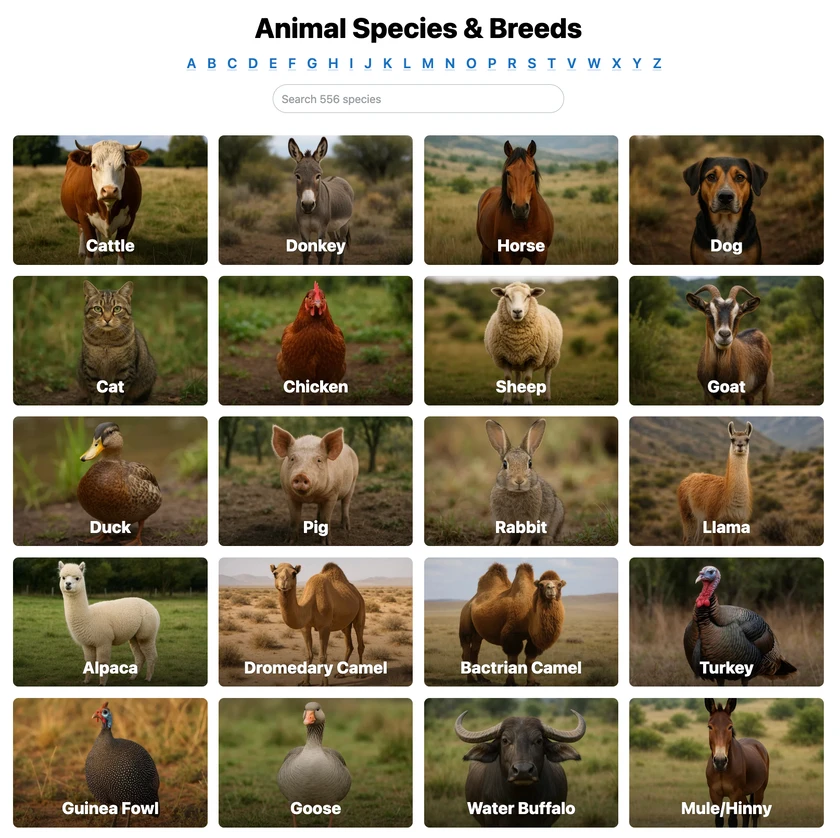 All Species & Breeds
All Species & Breeds
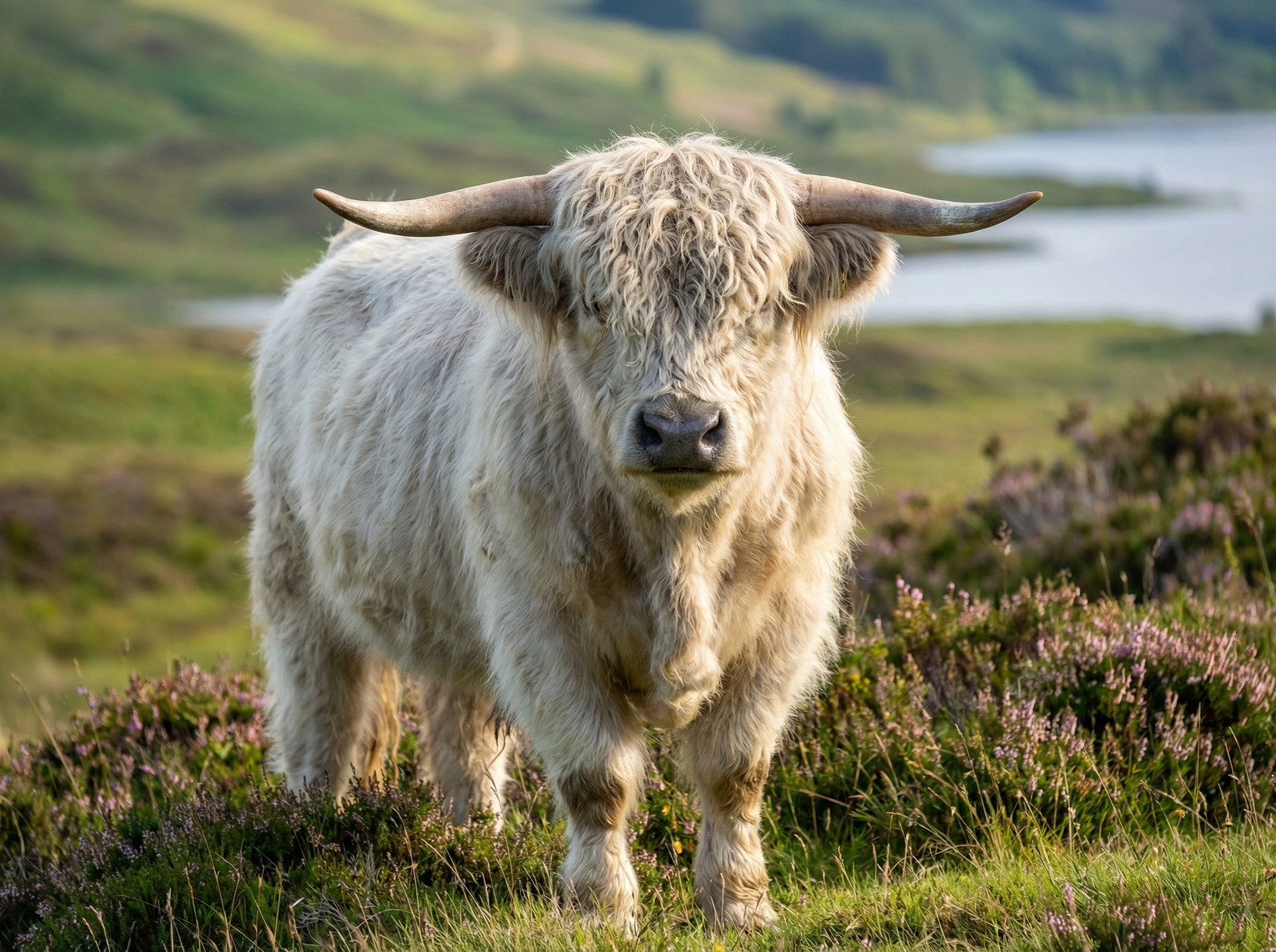 Highland Cattle
Highland Cattle
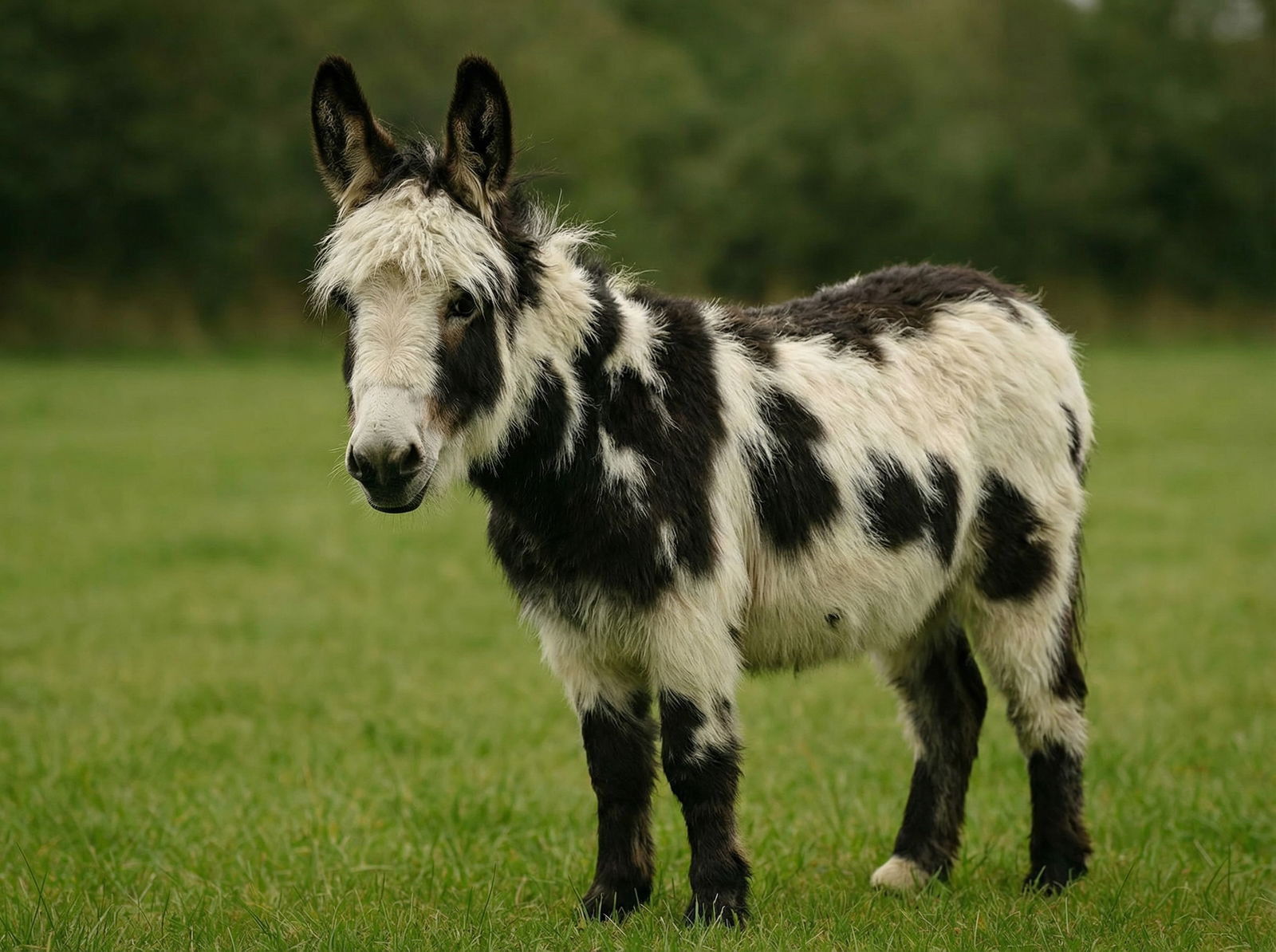 Miniature Donkeys
Miniature Donkeys
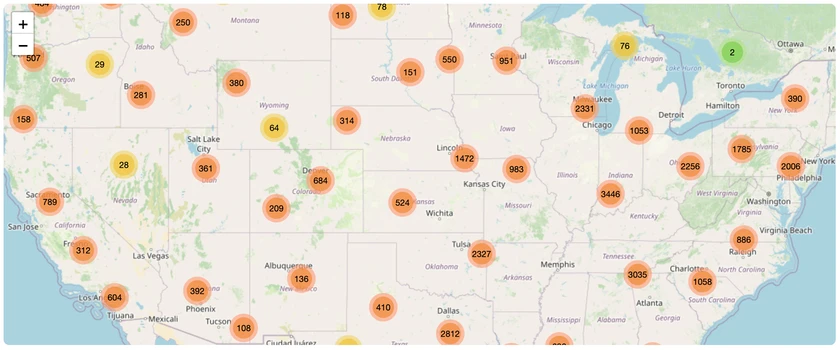 All Species Directory
All Species Directory
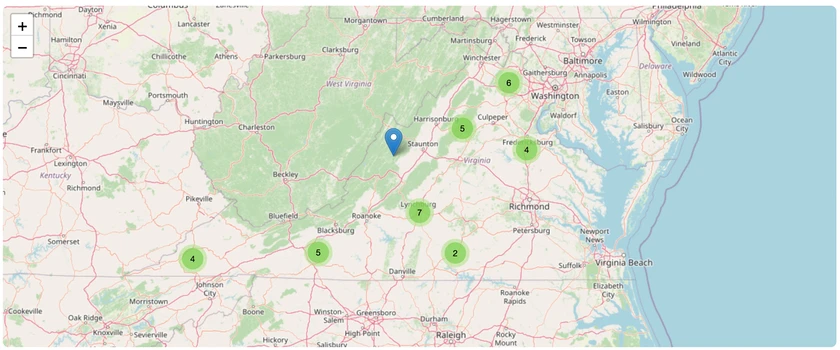 Highland Cattle in Virginia
Highland Cattle in Virginia
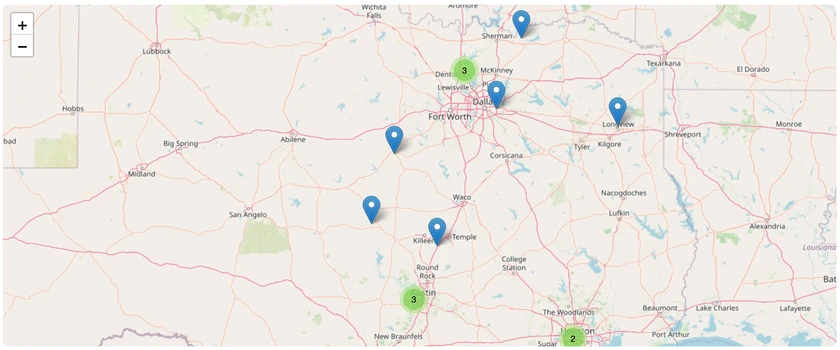 Miniature Donkeys in Texas
Miniature Donkeys in Texas









